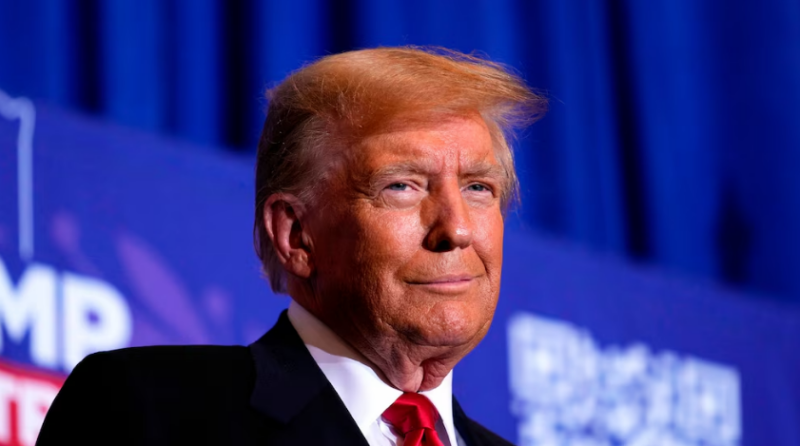White House Discusses Nations That Would Like To Negotiate On Trade Policy
Top Trump administration officials confirmed on Sunday that the president’s sweeping new tariff initiative—dubbed “Liberation Day”—has prompted more than 50 foreign governments to initiate contact with the United States for trade negotiations.
During an appearance on ABC’s This Week, National Economic Council Director Kevin Hassett reported that the Office of the United States Trade Representative (USTR) had briefed him on a surge of international responses following President Trump’s announcement of tariffs ranging from a baseline 10% to as high as 50%. According to Hassett, foreign exporters—particularly those with inelastic supply chains—are seeking relief after bearing the brunt of the tariff costs.
Treasury Secretary Scott Bessent echoed the same figure during his interview with NBC’s Meet The Press, crediting Trump’s unilateral tariff implementation as a source of “maximum leverage.”
Bessent emphasized that these overtures included offers from countries willing to lower tariffs, reduce non-tariff barriers, and curtail currency manipulation—areas long cited by the administration as contributors to the U.S. trade deficit.
On Sunday Morning Futures, White House Senior Counselor Peter Navarro rejected the idea that tariff exemptions would be granted in exchange for superficial concessions.
He described the trade imbalance as a “national emergency” and underscored the need for structural reforms abroad, including the elimination of non-tariff barriers and currency practices that disadvantage U.S. producers.
Navarro cited specific practices from foreign governments: Europe’s 19% VAT applied to U.S. goods, agricultural restrictions targeting U.S. meat exports, and Vietnamese shrimp dumping. He reiterated the administration’s position that systemic economic adjustments—not temporary tariff cuts—are required to secure relief.
Despite mounting concerns over inflation and market volatility, President Trump doubled down on his policy via a Truth Social post Saturday. He claimed that the tariffs are inflicting disproportionate damage on China and reaffirmed his administration’s commitment to economic rebalancing.
Trump stated that over $5 trillion in investment has already been generated and framed the policy as the cornerstone of a broader economic transformation.

